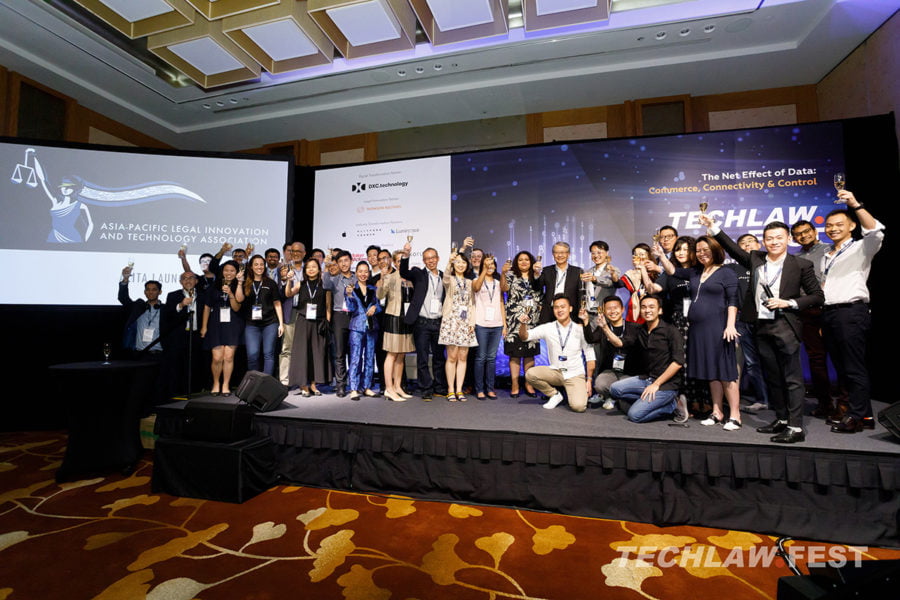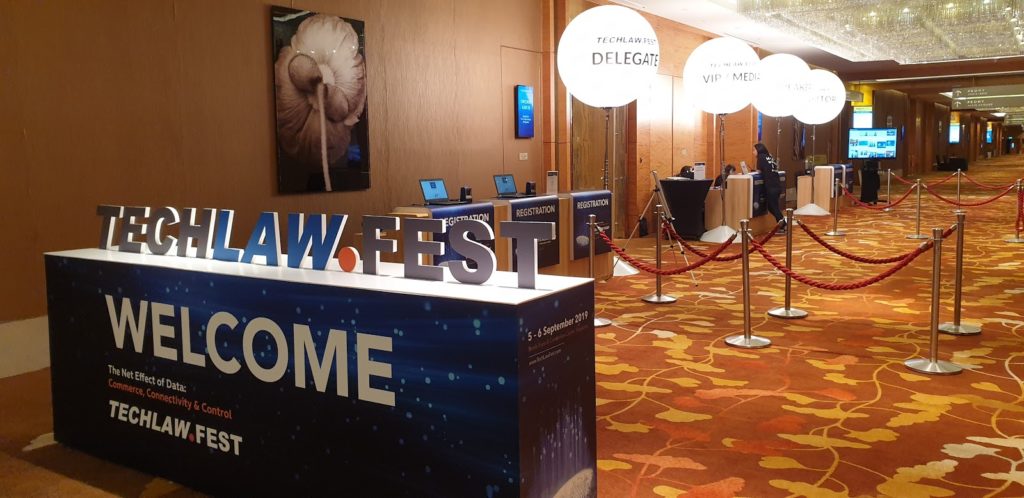Written by Ashley Ho | Edited by Josh Lee Kok Thong
We’re all law and tech scholars now, says every law and tech sceptic. That is only half-right. Law and technology is about law, but it is also about technology. This is not obvious in many so-called law and technology pieces which tend to focus exclusively on the law. No doubt this draws on what Judge Easterbrook famously said about three decades ago, to paraphrase: “lawyers will never fully understand tech so we might as well not try”.
In open defiance of this narrative, LawTech.Asia is proud to announce a collaboration with the Singapore Management University Yong Pung How School of Law’s LAW4032 Law and Technology class. This collaborative special series is a collection featuring selected essays from students of the class. Ranging across a broad range of technology law and policy topics, the collaboration is aimed at encouraging law students to think about where the law is and what it should be vis-a-vis technology.
This piece, written by Ashley Ho, critically examines Singapore’s new Copyright Act. Though it acknowledges the Act’s attempt in striving for a balance of interests between creators and the general public, it posits that ultimately this attempt falls short of the goal. Firstly, this paper argues that there is a need to re-examine the purpose of copyright law in the context of the digital space. This is to be done by questioning whether the justifications behind copyright protection still apply or whether they have become irrelevant in this new digital world. If the answer is the latter, then there is a need to recalibrate this balance of interests.
As a caveat, this paper does not go so far as to suggest a complete revocation of copyright protection. Instead, it simply suggests for the inclusion of a non-commercial user exception, such as that under Canadian law, to make it a permitted use for users on social media to utilize other users’ content. This exception provides greater certainty than the recently added defence of fair use and aligns with the Legislature’s intent on encouraging the production of creative works. Crucially, the key idea that this paper puts forth is that social media operates and thrives on the free value of content, and this norm of the new world ought not to be governed by old rules which no longer hold the same relevance.







